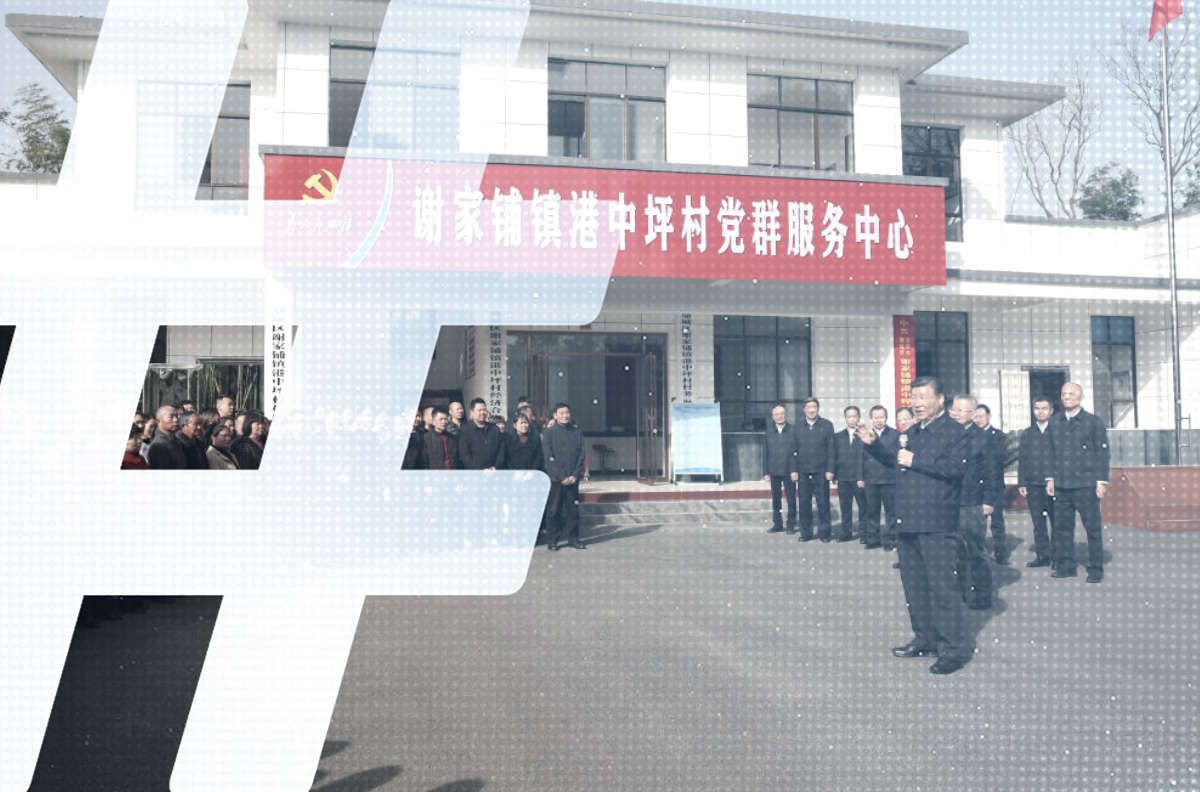Headlines and Hashtags
China book ban controversy underscores public opposition to government censorship
A decision by publishing censors in China to ban eight books has angered many Chinese and brought a wave of online criticism, demonstrating again the power of the Internet as a form of expression in China.
Controversy over the decision to ban the eight books [list from SCMP], announced last week by Wu Shulin (邬书林), deputy director of the General Administration of Press and Publications (GAPP), comes on the eve of the one-year anniversary of the party’s shutdown of the Freezing Point supplement of China Youth Daily newspaper. [Summary of book ban by Danwei.org].
As was the case in the Freezing Point episode last year, in which intellectuals, officials and industry colleagues came to the supplement’s defense via the Web, resulting in its eventual re-launch, a number of prominent figures have stepped forward to criticize this most recent high-profile censorship case. Zhang Yihe (章诒和), the well-known author of one of the banned works and a recipient of the 2004 Freedom to Write Award from the Independent Chinese PEN Center (ICPC), has pledged in an open statement to defend her work to the end: “When my last two books were killed, I responded that I ‘didn’t care’ … This time, I do care, I care very much! Mr. Wu, let me tell you: I’ll face this gravely illegal behavior of yours with my life. Zhu Yingtai [a story character] gave her life to protect her love. I am prepared to give my life to protect my work” [Full translation of statement from ESWN].
On a popular Chinese bulletin board site, Zhang’s statement was introduced by Beijing lawyer and former CMP fellow Pu Zhiqiang (浦志强), who has served as defense counsel for a number of high-profile press freedom cases in China. Pu Zhiqiang also criticized Wu Shulin in a blog entry.
But while the Freezing Point episode concerned actions taken by the Party against news media via the Central Propaganda Department, opposition to the book ban is now directed toward a government office under the State Council, China’s highest administrative authority. Critics, including Zhang Yihe, say the actions of GAPP go against the stated goals of Chinese Premier Wen Jiabao and the State Council. As Zhang Yihe wrote: “Mr. Wu, what camp to you belong to? Not long ago, Premier Wen Jiabao said publicly that he hoped and demanded that Chinese writers and artists could speak the truth … GAPP is a subordinate office of the national government, under the State Council. Is this [GAPP action] not going directly against the State Council?”
The book ban controversy is also backgrounded by another upcoming anniversary — the fiftieth anniversary of the Anti-Rightist Campaign, launched in July 1957. Reference to this historical event, in which tens of thousands were purged as “rightist” elements critical of the policies of Mao Zedong, is apropos because the language of the GAPP ban targets not just content deemed unacceptable, but the writers themselves. GAPP Deputy Director Wu Shulin used the words “this person” to refer to Zhang Yihe in particular. Which is why Zhang Yihe, the daughter of a prominent “rightist” purged in 1957, alludes to factionalism in her public statement: “I understand that in Mr. Wu’s eyes, Zhang Yihe is a rightist. OK, let’s say I am a rightist. I’d like to ask: Isn’t a rightist a citizen [with a constitutional right to free speech/Chapter II, Article 25] all the same?”.
On top of this, the book ban controversy underscores the sometimes puzzling lack of uniformity in policy decisions and their execution that marks a China in transition. While the GAPP ban was issued on January 11, the January 14 edition of the official People’s Daily included a brief item about one of the books on the list, Yuan Ying’s (袁鹰) memoir titled Other Stories of History: My Days at the Supplements Division of the People’s Daily (风云侧记:我在人民日报副刊的岁月). Reviews of other books on the list, including Zhang Yihe’s, have appeared in various newspapers since the GAPP ban.
Web postings on the GAPP book ban multiplied at a rapid rate over the weekend on China’s KDnet. While postings were progressively deleted by Web censors — leaving the message: “This user’s post has already been removed by managers” — thousands of Web users voiced their opinions on the government move and shared information about the writers whose work was targeted.
A user called “No Tolerance” wrote: “I support the efforts of Zhang Yihe and the others to defend their rights”. Another, “guangli203”, re-posted Zhang Yihe’s pledge to stand up to GAPP Deputy Director Wu Shulin: “What earth-shaking words,” they wrote. “I support them!”
A user called “Northern Sky” wrote: “I support Zhang’s efforts to take action against them [in the GAPP]. Take action against them? Where does one go to take action against them? The United Nations?”
Wrote user “Tao Tie”: “Even a book that simply describes the pasts of Beijing Opera stars gets banned. The General Administration of Press and Publications is even stricter than during the Republican Era [under the Kuomintang] — is this what is meant by [Hu Jintao’s] Harmonious Society?”
One user, “Gong Buo”, included in “Post #8” a list of works by Zhang Yihe, to which another user subsequently responded: “Please go quickly and fill your prescription [buy books] according to Post #8. Supplies are limited!”
More Links:
“History Books Get the Axe“, Danwei.org, January 19, 2007
[Posted by David Bandurski, January 22, 2007, 1:59pm]






















